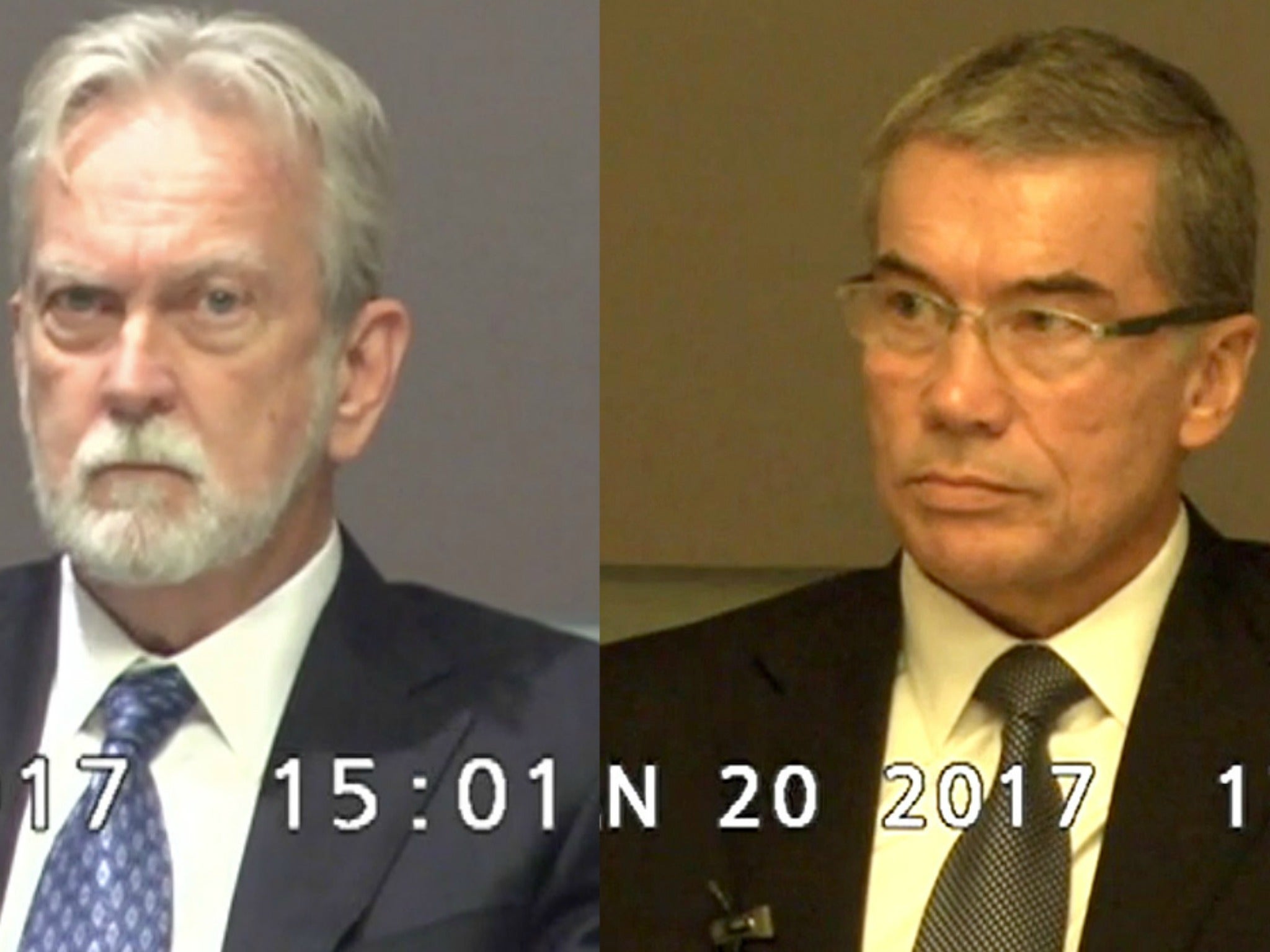Psychologists accused of designing CIA 'torture' programme to face trial
Two CIA-contracted psychologists are accused of participating in 'war crimes'

Setting up an extraordinary public airing of how the American government treated terrorism suspects in the years following 9/11, a federal lawsuit against two psychologists accused of being architects of Central Intelligence Agency [CIA] interrogation methods will proceed to trial.
Judge Justin L Quackenbush of the US District Court for the Eastern District of Washington cleared the way for the case to move to the trial phase on Monday, rejecting the psychologists’ lawyers request for summary judgement.
The American Civil Liberties Union brought the lawsuit on behalf of two men who were captured and detained by the CIA and the family of a third who died of hypothermia while in custody. They allege that they were beaten, deprived of sleep, forced to endure extreme temperatures and subjected to a form of waterboarding, a technique that simulates drowning.
The organisation hailed the impending trial as a rare opportunity to cast into the public eye an era that has often been shrouded in secrecy. A exhaustive US Senate report on post-9/11 interrogation techniques concluded that attempts to extract information from suspects were “were brutal and far worse than the CIA represented to policymakers and others.”
“This is a historic day for our clients and all who seek accountability for torture,” ACLU attorney Dror Ladin said in a press release. “The court’s ruling means that for the first time, individuals responsible for the brutal and unlawful CIA torture program will face meaningful legal accountability for what they did.”
A complaint initiating the case accuses two psychologists who worked as contractors for the CIA, James Mitchell and John “Bruce” Jessen, of having “designed, implemented, and personally administered an experimental torture program” on behalf of the CIA.
In overseeing the design of “torture and cruel, inhuman, and degrading treatment,” the complaint alleges, Mr Mitchell and Mr Jessen violated international norms and were liable for “war crimes.”
While the pair have acknowledged they advised the government on techniques for questioning detainees, they dispute that they played a central role in designing or implementing the CIA interrogation programme.
In a filing, their attorneys argue that Mr Mitchell and Mr Jessen’s role advising the CIA on its treatment of “high-value detainees” ceased in 2002, meaning “there is no connection” between the techniques they proposed and the treatment of the three men on whose behalf the ACLU is suing. It rejects the ACLU’s contention that those techniques were intended to reduce detainees to a state of “complete helplessness.”
But the participation of the psychologists in some aspects of the CIA’s interrogation programme is not in doubt. After being asked by a federal official to analyse the effects of waterboarding and mock burials, Judge Quackenbush wrote, “the factual evidence supports” the men having recommended the use of “enhanced interrogation techniques” like waterboarding.
The judge called it “undisputed” that Mr Jessen and Mr Mitchell had participated in interrogating and waterboarding a detainee who is not among the three plaintiffs. He also cited a CIA inspector general report which found that Mr Jessen “played a significant role” in the interrogation of Gul Rahman, the defendant who died in custody.
An attorney for Mr Jessen and Mr Mitchell did not immediately respond to a request from The Independent for comment.
Join our commenting forum
Join thought-provoking conversations, follow other Independent readers and see their replies
0Comments